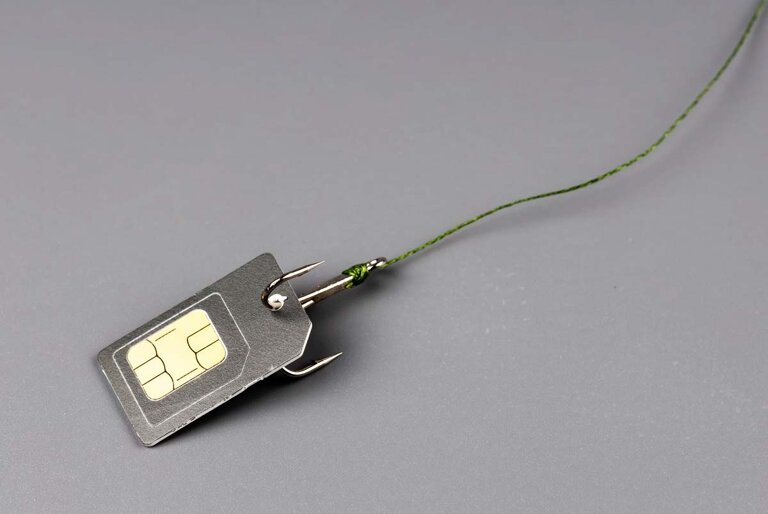As the holiday season approaches, online shoppers in the Philippines should be wary of scammers who are out to take advantage of their festive mood. A recent report revealed the country has the highest rate of shopping scams among 11 Asian countries surveyed.
The 2023 Asia Scam Report was released by GASA and Gogolook, two anti-scam platforms, at the 1st Anti-Scam Asia Summit in Taipei. The report analyzed data collected from nearly 20,000 respondents across 11 countries in Asia, including the Philippines, Taiwan, Thailand, Japan, Korea, Malaysia, Hong Kong, Singapore, Vietnam, China, and Indonesia.
The report identified nine common scam scenarios and techniques, such as identity theft, investment scams, government/bank scams, job scams, lottery scams, family/relatives scams, bill payment scams, and charity scams. Among these, shopping scams were one of the most prevalent, especially in the Philippines.
According to the report, the shopping scam rate in the country reached 35.9%, the highest among the 11 Asian countries surveyed. This means that more than one in three online shoppers in the Philippines have encountered or fallen victim to shopping scams.
The Cybercrime Investigation and Coordinating Center (CICC) warned the public to be extra vigilant when doing their Christmas shopping online. The CICC said that shopping scams usually increase during the Christmas season, as scammers take advantage of the high volume of online shopping and people’s vulnerability during this period.
“Based on our observation, shopping scams usually increase during the Christmas season,” said Alexander K. Ramos, the executive director of CICC. “Scammers take advantage of the high volume of online shopping and people’s vulnerability during this period,” he added.
Ramos explained that the mindset and immediate response of Filipinos when confronted with scams make them vulnerable to falling into traps. “Some people easily believe in false promises even if they are too good to be true,” he said.
The report also revealed that 24.8% of Filipino victims respond too quickly to scammers’ demands and 21.1 percent of victims chose to take a risk despite uncertainty about the risk. Other reasons for vulnerability include being enticed with incentives and over-trusting with friends and family members.
Here are some tips on how to avoid shopping scams online:
- Verify the identity and credibility of online sellers, check the reviews and ratings of products and services, and use secure payment methods when shopping online.
- Do not click on suspicious links or pop-ups that claim to offer amazing deals or prizes, as they may lead to phishing sites or malware downloads.
- Do not provide personal or financial information, such as passwords, PINs, OTPs, or bank account details, to anyone online, especially if they claim to be from the government, bank, or online platform.
- Do not send money or gift cards to anyone online, especially if they claim to be your friend, relative, or lover who is in trouble or needs help.
- Report any suspicious or fraudulent transactions or activities to the authorities or online platforms immediately.
If you have been a victim of online scams and other cybercrime, dial 1326 to report any type of scam. You can also call or message other Inter-Agency Response Center numbers: 0947-714-7105 (SMART), 0966-976-5971 (Globe), and 0991-481-4225 (DITO).








